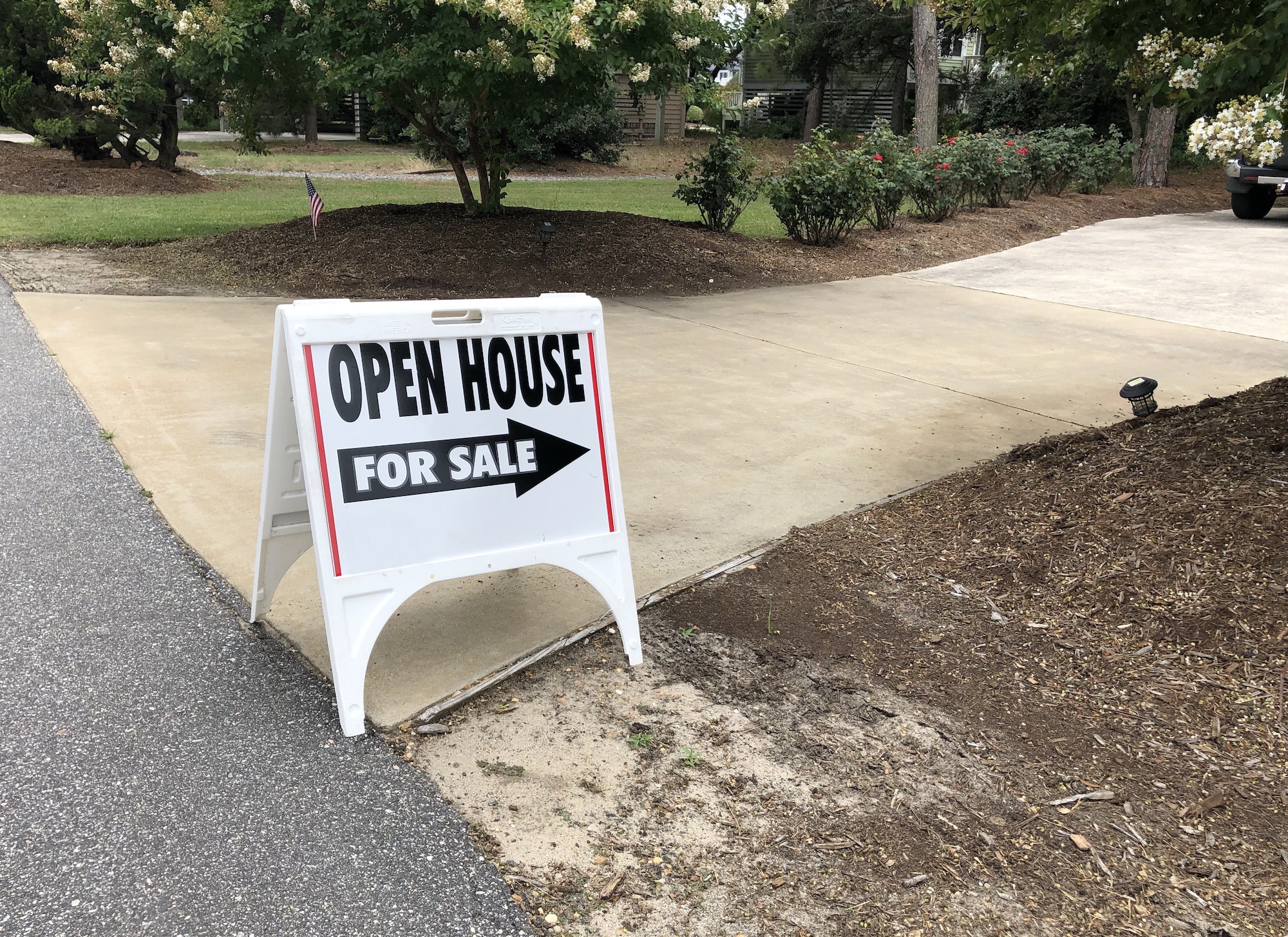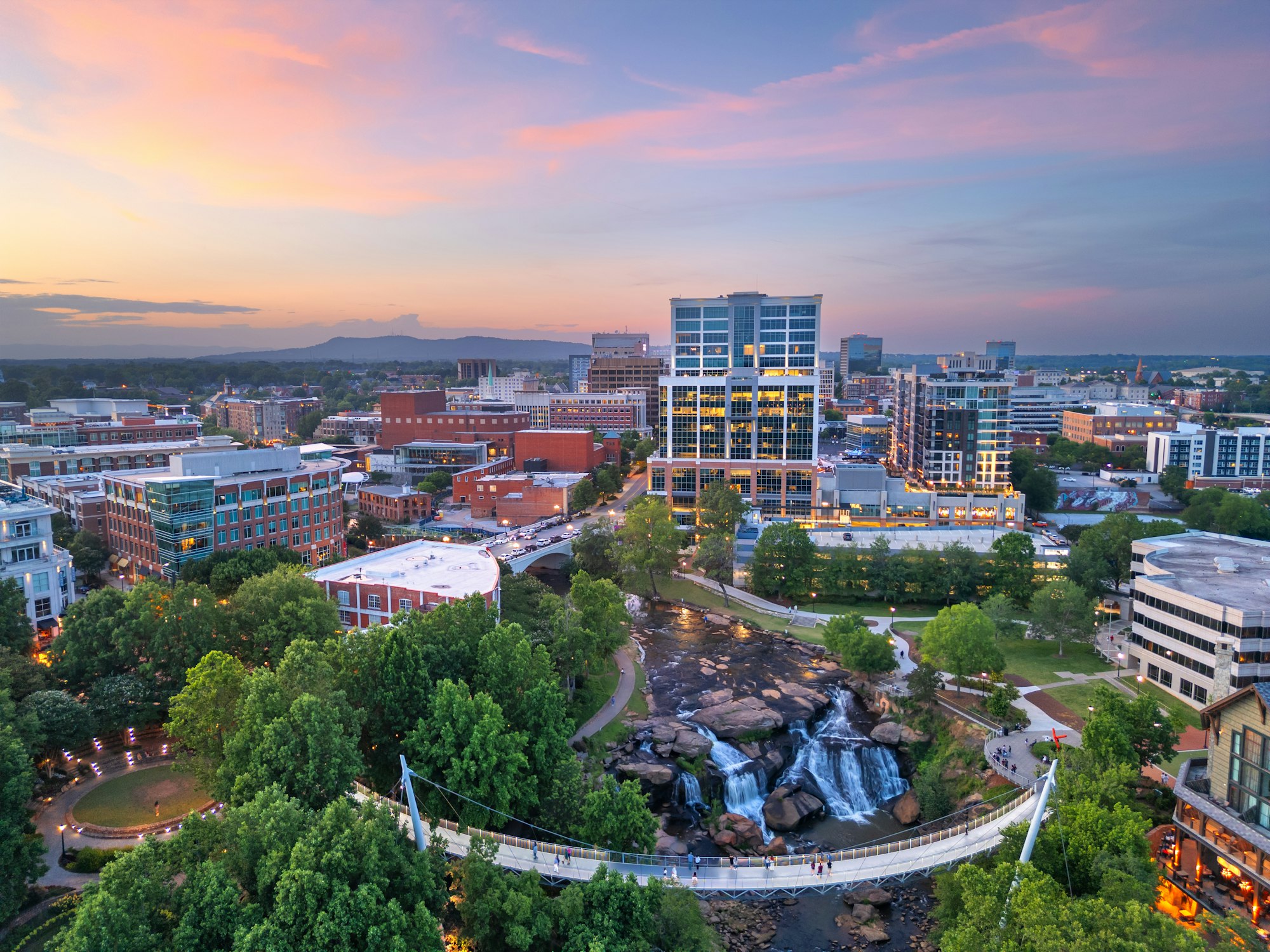The following report focuses on the real estate industry in Greenville, SC, and includes specific data points, statistics, and examples to provide a clearer understanding of the city’s economic landscape.
- Introduction
Greenville, South Carolina, is a thriving city with a growing real estate market, driven by its strong economy, quality of life, and affordable cost of living. The purpose of this report is to provide an overview of the real estate industry in Greenville, highlighting key trends, demographics, and opportunities for businesses operating in this sector.
- Demographics
As of the 2020 United States Census, Greenville had a population of approximately 70,000 people. The city has experienced a population growth of around 20% from 2010 to 2020. The median household income in Greenville was around $54,000 as of 2019. This young and growing population drives the demand for housing and commercial spaces, directly impacting the real estate industry.
- Residential Real Estate Market
The median home value in Greenville was approximately $250,000 in 2021, with an average annual increase of around 5% over the previous five years. The city offers a mix of housing options, including single-family homes, townhomes, condominiums, and apartments, catering to diverse buyer and renter needs.
Rental rates have also increased in Greenville due to the growing population and demand for housing. In 2021, the average rent for a one-bedroom apartment in Greenville was around $1,000 per month, while a two-bedroom apartment rented for approximately $1,200 per month.
- Commercial Real Estate Market
The commercial real estate market in Greenville has experienced steady growth, with new office spaces, retail centers, and industrial facilities being developed to accommodate the city’s expanding economy. In 2021, the average office rental rate was around $22 per square foot, while industrial space rented for an average of $6 per square foot.
Significant commercial real estate projects in Greenville include the mixed-use development at Camperdown, which offers office, retail, and residential spaces, and the industrial development at Fox Hill Business Park.
- Real Estate Development and Investment
Greenville has attracted investors and developers, both local and national, due to its strong economic fundamentals and growth potential. Key factors that make the city attractive for real estate investment include its diverse economy, pro-business environment, and availability of development incentives, such as tax credits and grants.
Recent examples of successful real estate investments in Greenville include the acquisition and redevelopment of the West Village Lofts at Brandon Mill, a historic textile mill converted into a mixed-use community with apartments, retail, and office spaces.
- Market Outlook and Recommendations
The outlook for Greenville’s real estate industry remains positive, with continued population growth and economic development expected to drive demand for both residential and commercial properties. To succeed in Greenville’s real estate market, businesses should:
- Stay informed about local market trends and economic indicators
- Identify and target underserved market segments, such as affordable housing or specialized commercial spaces
- Leverage local resources and support programs, such as development incentives and financing options
- Build strong relationships with local partners, including government agencies, economic development organizations, and industry professionals
Please note that the information provided here is based on data available up to September 2021 and may not accurately reflect the current situation in Greenville, SC. It is essential to consult up-to-date sources and verify the accuracy of this information before making any business decisions.




